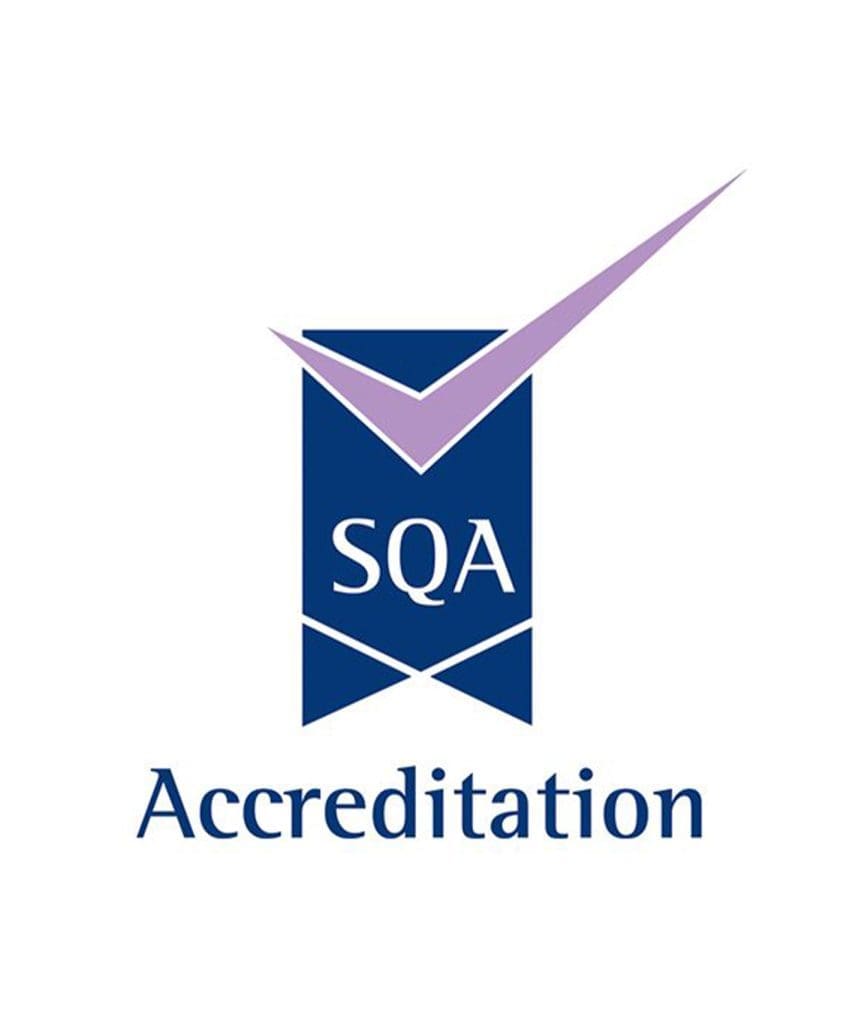Do you struggle to make your New Year’s resolutions stick?
New Year is a great time to make a fresh start and to create new beginnings. Every year we make New Year’s resolutions and before March rolls around many of us have broken them. People who make resolutions are generally optimistic about the year ahead, so we wanted to share some tips on how to select resolutions and how to make them achievable.
1. Choose concrete, achievable goals
It is important to choose goals that are achievable and not generic. Resolutions like “lose weight” tend to be too generic. Think of a goal like “lose 1 kg per month until summer” or “do the couch to 5km run in 3 months”. Once you have had a small win and you can run 5km you can then extend this to 10km and then even a marathon. However, if you start with a marathon, you might not achieve the goal.
2. Think ahead
During the year start thinking of your goals, if you decide on your resolution on New Year’s Day it might not be the goal for you. For a goal to be achievable it should be something that you have been thinking about for the year. For example, if you have been thinking about being more mindful then you can start doing research on joining yoga classes so that by the time January comes you are already enrolled. The yoga classes are a tangible goal, and by joining the class regularly you will achieve this resolution.
3. Ask for help
It is worth thinking about what you will do if you succumb to temptation, and you break your diet or start smoking again. If you start to slip you should think about how you are going to get back on track, for example reminding yourself of your goals, doing an extra class or discussing with a friend. You need to resist the urge to give up if things start slipping and you need to motivate yourself to get back on track.
4. Make a “pros” and “cons” list
If you put everything down on paper and you refer to it often it may help to motivate you and keep you on track. You can stick your list on your fridge where others can view it and this will also help you to talk about it and to get people to help you with your goals. For example, if your goal has been to have a “dry January” then your friends will know and not pressurise you to drink.
5. It’s better with friends
Your friends and family can help to motivate you and keep you on track. Even if you keep the circle small and just share your list with your best friend, they can maybe join you and doing it together will help. So, if your goal has been to grow yourself by studying or learning a new hobby, it might be more fun to do it with a friend and your chances of success are much better.
6. Give yourself treats
Rewarding yourself for achieving goals is a good way to feel positive about your resolutions. Try and reward yourself with “treats” that do not conflict with your resolution, for example, don’t celebrate with a chocolate cake if your goal was to lose 1 kg per week. Rather look at rewards that complement your goal, like attending a healthy cooking class or getting some new leisure wear.
7. Keep track of your wins
It is not easy to stick to your resolutions, so try and celebrate when you have successes. If you learn a new skill or graduate from a short course you have done, don’t forget to phone a friend, go for lunch or meet for a coffee to celebrate your successes. Enjoy the feeling of ticking your resolutions off your list.
8. Don’t be too hard on yourself
There will be times when you slip, and you need to take a step back but try not to give up on your goals. Take each day as they come and if there is a slip and you have a piece of chocolate cake, don’t obsess over it, just focus, and regroup. It might mean that the goal takes slightly longer, but it is better than quitting.
9. Keep at it
There is a common misconception that it takes 21 days to break a habit. However, researchers from University College London examined the new habits of 96 people over the space of 12 weeks and found that the average time it takes for a new habit to stick is 66 days; additionally, individual times varied from 18 to a massive 254 days.The bottom line here is that if you want to change your behaviour it will take at least 2 months and you should not stress if after 21 days you have not formed new habits. Try and stick with it for longer and you will end up changing your habit.
10. New Year resolution ideas
We thought we would give you some ideas of achievable new year’s resolutions to kick you off:
- Walk a mile a day – if you are already doing this, increase the amount or set a step goal. Park further away from the shops to get in more exercise and walk-up steps where possible rather than catching the lift.
- Start meal planning – this will ensure you eat healthy meals and stick to healthy eating habits and make diets easier.
- Do a short course – learning something new will give you a great sense of achievement. Try a First Aid or Mental Health course from Cross Counties Training to get you started crosscountiestraining.co.uk
- Stay in touch – try to connect with a few people every week or so who aren’t on your favourites list. Make some time to meet in person to catch up.
- Declutter – make your life simple by decluttering one room a month. If you say you are going to do the whole house you will never get around to it, so one room at a time will get the job done.
- Start a new hobby – this is a great way to think about other things than work and kids. It will help you to meet new people and gain a sense of achievement
- Drink more water – start with just replacing fizzy drinks or coffee with 1-2 cups of water a day and build from there.
- Drink less alcohol – often we drink more than we realise, so try and qualify this goal to only drink on the weekend or only 1-weekday Download the Try Dry app to help you keep track of your units, calories and money saved.
- Quit smoking – this is notoriously hard but using the NHS Quit Smoking app is a great tool for tracking your progress, seeing how much you’re saving and getting daily support.
New Year is the perfect time to commit to a fresh start and some positive change. However, if you “miss” a goal, don’t dwell on it, keep a positive attitude, and learn from your mistakes.This New Year if you would like to talk to us about any First Aid or Mental Health training in the workplace courses across the UK, please call us on 01276 586943 or email us at admin@crosscountiestraining.co.uk for hassle-free bookings.









